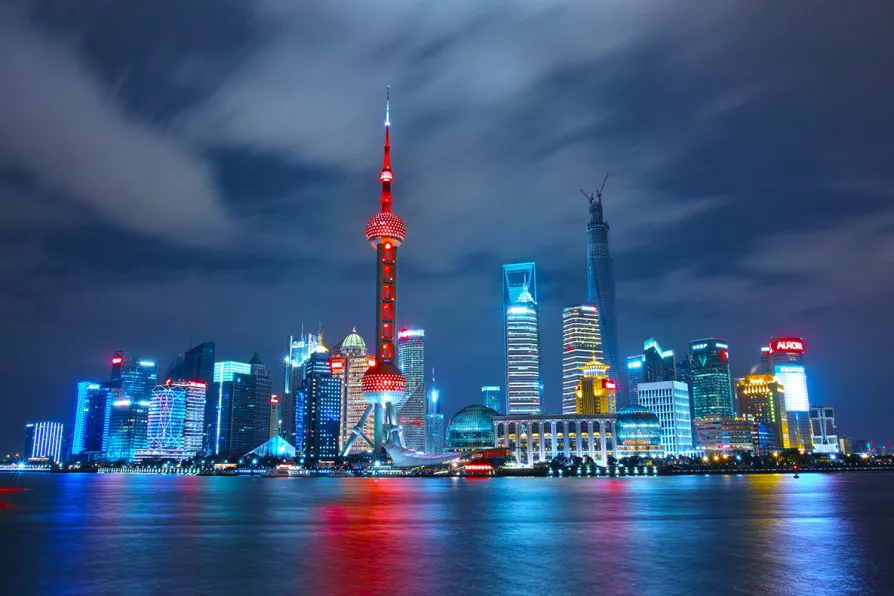This weekend, the NEU holds a special conference to debate changing its approach to organising teaching assistants, which a 2017 TUC agreement forbids. General secretary DANIEL KEBEDE outlines the choices before delegates

 Shanghai's skyline
[Li Yang / Creative Commons]
Shanghai's skyline
[Li Yang / Creative Commons]
RELATIONS between the EU and China are at a crossroads. The reception for Chinese Premier Li Qiang and the resumption of German-Chinese intergovernmental consultations in Berlin on June 20 cannot conceal the fact.
On China, as in other matters, Brussels and Berlin seem to be replicating the decisions made in Washington like an echo chamber.
There is no prospect of independent European foreign and trade policy, however much Beijing might long for it. As for readying ourselves for a policy of confrontation with China, the EU even appears to be trying to position itself in the vanguard. Yet there is so much at stake.

The cancelled China trip of the German Foreign Minister marks a break with Helmut Schmidt’s China policy and drives Germany further into Washington’s confrontation course, warns SEVIM DAGDELEN

In Washington, the willingness to accept an open war with Russia is growing — at Europe’s expense. While Nato states are being drawn into confrontation, Europe risks becoming the battlefield of a potential world war, warns SEVIM DAGDELEN

In a speech to the 12th Xiangshan Forum in Beijing, SEVIM DAGDELEN warns of a growing historical revisionism to whitewash Germany and Japan’s role in WWII as part of a return to a cold war strategy from the West — but multipolarity will win out

In the first half of a two-part article, PETER MERTENS looks at how Nato’s €800 billion ‘Readiness 2030’ plan serves Washington’s pivot to the Pacific, forcing Europeans to dismantle social security and slash pensions to fund it










